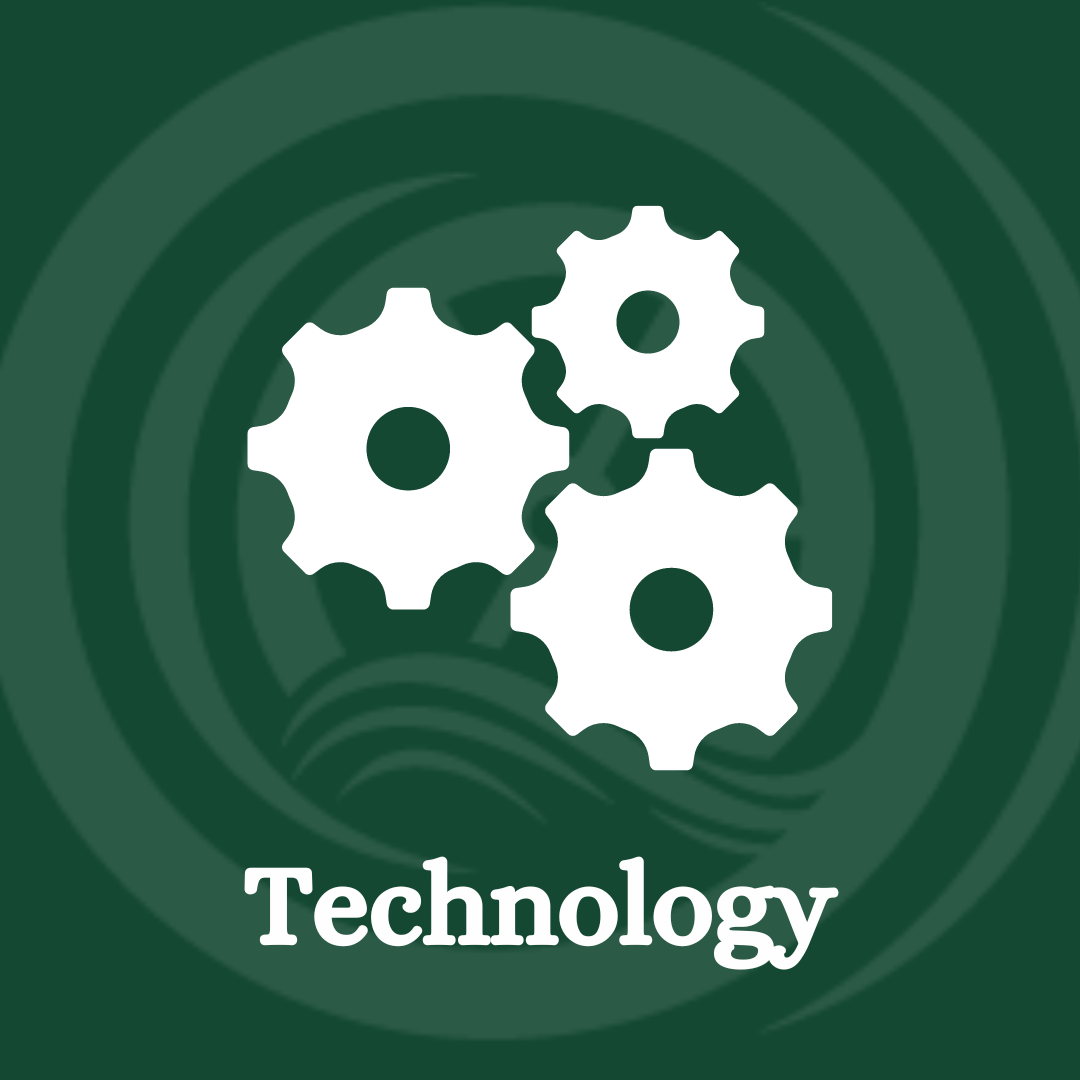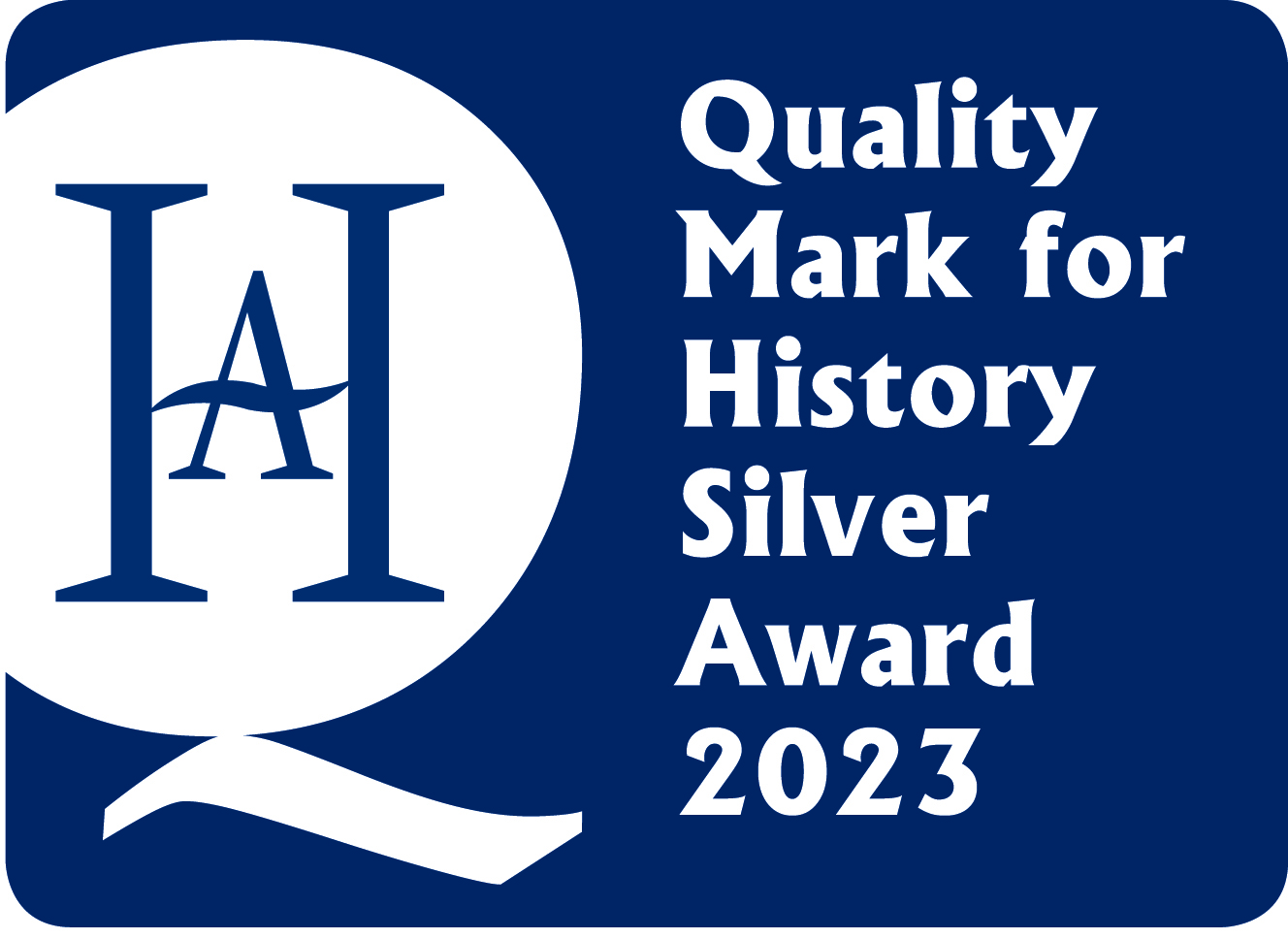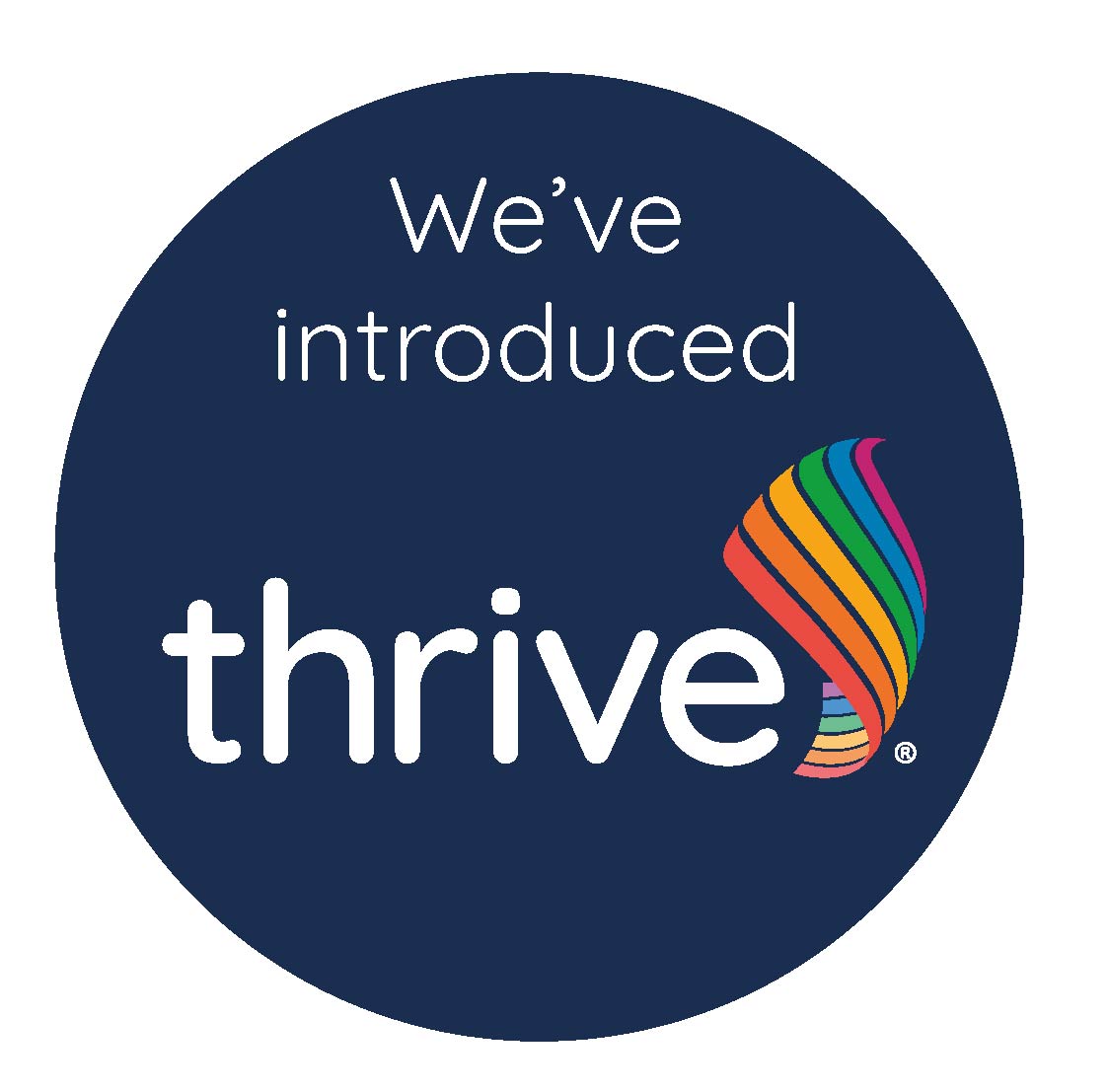Technology

Curriculum Intent
Our curriculum vision applies to all our young people, regardless of background, gender, sexual orientation or ability.
The intent of our Design and Technology curriculum is to inspire and empower all students to become innovative, resourceful, and confident learners. Through a broad and balanced curriculum, we aim to develop pupils' creativity, technical knowledge, and practical skills so they can design and make high-quality products that solve real and relevant problems across a range of contexts.
We thrive to provide opportunities which allow students to develop a knowledge of a range of technology areas in KS3, including food and nutrition, textiles and product design. The projects in Design Technology are designed to cover the Key Stage 3 National Curriculum and give students the opportunity to develop their designing and problem-solving skills. Success for students will take the form of having a completed project which they are allowed to take home at the end of the module in Key Stage 3. Students will also be rewarded throughout the subject with the use of Class Charts points and success will be celebrated in lessons by students sharing good practice and developing new skills.
SEND students will be given extra support in lessons by the class teacher and by classroom assistants when they are assigned to students. The department does not charge students to take their projects home, so we do not discriminate against different students. We also try to incorporate careers into our lessons to give students an understanding of how our subject fits into the world. We aim to give students as many good experiences as we can to really bolster their cultural capital and challenge their creative thinking.
To help students achieve the highest levels of attainment that they can at Key Stage 3, they will follow the school’s assessment policy. The department will use SOLAR lessons and assess using SUN assessment throughout their work.
In Design Technology we want students to become independent learners. We believe that the skills we give them at Key Stage 3 will allow them to achieve well if they choose the subject for Key Stage 4. We want students to take pride in their work and be proud of their achievements. We hope that by challenging, rewarding and encouraging students, they will be proud of what they achieve.
Knowledge and skills
Through our curriculum, students:
- Will develop designing and making skills.
- Learn about Computer Aided Design and Manufacture.
- Develop hand skills and learn how to work safely in a workshop.
- Understand why design is important and how it shapes the world around us.
- Learn about different designers and their influence on the world.
- Learn how to critically evaluate their own and other peoples work.
- Understand the working properties of different materials and what we can do with them.
- Understand how to use different tools for different materials.
- Learn about different careers within the field of Design Technology.
- Develop practical mathematical skills through practical projects.
- Develop life skills that will benefit them in the future.
- Will learn healthy eating messages and apply these to their own and their families’ lives.
As students progress to KS4 they choose an area within Design & Technology to study. The courses that are offered are NCFE Food and Cookery and NCFE Creative design and production. In the chosen area, the subject allows for deeper study of the world they live in and potential career opportunities.
Curriculum Overview
KS3 Design Technology Overview
|
|
Food |
Textiles |
Product design |
|
|
Year 7 |
Healthy Eating messages
|
Design and make a phone case |
Design and make a jigsaw |
|
|
Year 8 |
The role of nutrients in the diet
|
Design and make a tote bag |
Design and make a trinket box |
|
|
Year 9 |
NEA Project: Working to a food related project brief |
Design and make a cushion |
Design and make a candle holder |
Creative Design and Production
Exam board: NCFE Technical Award
Assessment: 60% NEA, 40% examination
What will I learn?
This qualification will promote the learner’s understanding of:
- Design and production in context: including design movements and design principles
- Design materials and processes: including investigating materials, the design process and digital design and manufacture opportunities
- Design brief and production processes: including interpreting a design brief and communication skills
- Presentation of a design solution: including purposes and methods of presentation and presentation skills
- Review of processes and solution: including review of the process and summative review
- Working in the design production sector: including employment and career opportunities, product promotion and self-promotion
How will I learn?
Students will be encouraged to build a variety of skills through creative experimentation. It incorporates practical skills through hands-on experiences, alongside a wider understanding of employment/career opportunities and promotion skills that develops the learner’s understanding of the design and production sector more widely.
How will I be assessed?
Non-exam assessment (60%): Learners will respond to a brief set by the exam board. This will assess the learner’s ability to effectively draw together their knowledge, understanding and skills from across all vocational areas. It is an internally assessed piece of work where learners create a portfolio of evidence based on response to a real-life situation that they may face when in employment.
Examined assessment (40%): Learners will complete an exam set and marked by the exam board. A variety of assessment questions will be used, including multiple choice, short answer, and extended response.
What abilities, aptitudes, skills and interests will I need?
The Level 1/2 Technical Award in Creative Design and Production is designed for learners who want an introduction to design and production that includes a vocational and project-based element, approached from a creative perspective with regular opportunities to experiment and create. This qualification will appeal to learners who wish to pursue a career in the design and production sector or progress to further studies. Although this is a practical course, learners are required to study the key components in theory lessons and apply their knowledge to written tasks.
Students will need to be able to:
- Develop their own ideas and adapt them in response to feedback
- Evaluate their own work
- Work independently
- Work to deadlines
- Demonstrate entrepreneurial skills, including self-promotion
- Demonstrate effective communication skills
What opportunities can this course and qualification lead to?
Learners who achieve at level 1 might consider progression to level 2 qualifications post-16, such as:
- GCSE Design and Technology
- Study at level 2 in a range of technical routes that have been designed for progression to employment, apprenticeships and further study; examples might include a Level 2 Technical Certificate in Design Production. Technical certificate qualifications provide post-16 learners with the knowledge and skills they need for skilled employment or for further technical study.
Learners who achieve at level 2 might consider progression to level 3 qualifications post-16, such as:
- A Level Design and Technology (this will support progression to higher education)
- Level 3 Applied General Certificate in Art and Design
- Study at level 2 in a range of technical routes that have been designed for progression to employment, apprenticeships, and further study.
- Level 3 Technical Level in Engineering: Design (this will support progression to higher education)
- Level 3 Technical Level in Art and Design (this will support progression to higher education)
- T Level in Design and Development for Engineering and Manufacturing (this will support progression to higher education)
- Learners could also progress into employment or onto an apprenticeship. The understanding and skills gained through this qualification could be useful to progress into an apprenticeship in the industry through a variety of occupations that are available within the industry, such as interior designer, design studio assistant or furniture maker.




